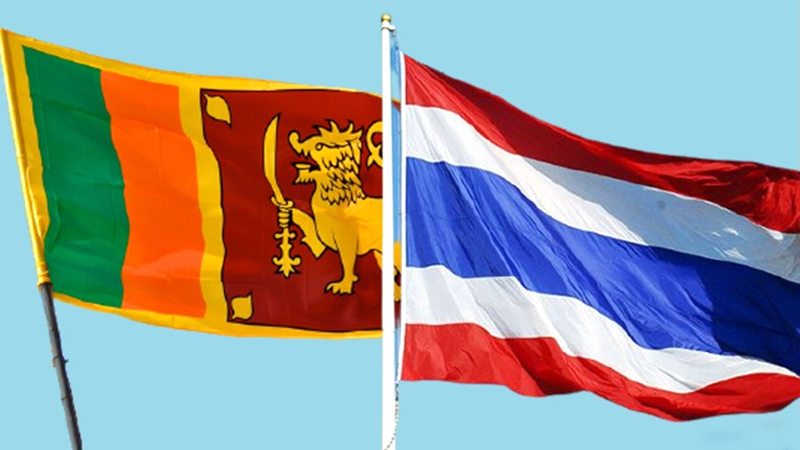Thailand will accelerate the implementation of the Thailand-Sri Lanka Free Trade Agreement (FTA).
The move follows discussions between Deputy Minister of Commerce of Thailand Suchat Chomklin and representatives of the Ceylon Chamber of Commerce in Colombo. The FTA, signed on February 3 last year, aims to enhance trade, investment, and tourism between the two nations while strengthening their long-standing economic ties.
Deputy Minister Suchat said that the Thai Government is pursuing a proactive FTA strategy to diversify export markets and attract global investments. Sri Lankan business representatives expressed optimism that the agreement would lower trade barriers, particularly for Sri Lanka’s key exports, including tea, desiccated coconut, spices, and minerals, which would benefit from tariff exemptions under the FTA. Sri Lanka is also seeking technical assistance from Thailand in sectors such as agriculture, finance, and SME development.
Beyond trade and investment, the FTA is expected to strengthen bilateral tourism by fostering closer cultural exchanges. Sri Lanka, Thailand’s fourth-largest trading partner in South Asia, recorded 438.7 million US Dollars in trade with Thailand in 2024, with Thai exports valued at 313.7 million Dollars. Key Thai exports to Sri Lanka include rubber, gemstones, textiles, plastic resins, and chemicals, while imports from Sri Lanka, to the value of 124.99 million dollars, consist mainly of precious stones, gold, ready-made garments, electrical machinery, and chemicals. Thailand maintains a trade surplus of 188.72 million dollars with Sri Lanka.
The Government has approved low-interest loans through the Export-Import Bank of Thailand and SME Bank to help SMEs expand into international markets to further support Thai businesses. The discussions also covered Sri Lanka’s interest in financial and banking support for international trade facilitation. Suchat called upon Sri Lankan private sector representatives to work with their Government to expedite the FTA’s enforcement, ensuring mutual economic benefits. (NNT)




